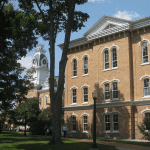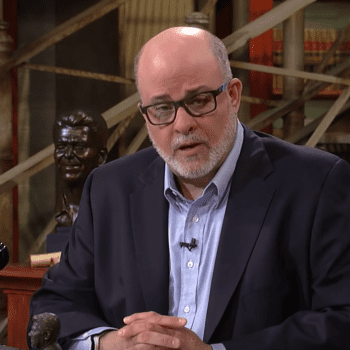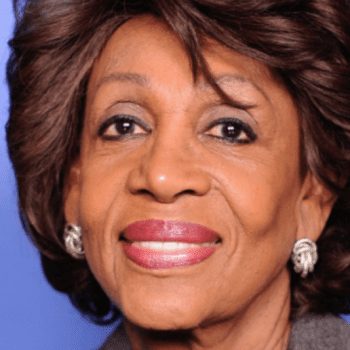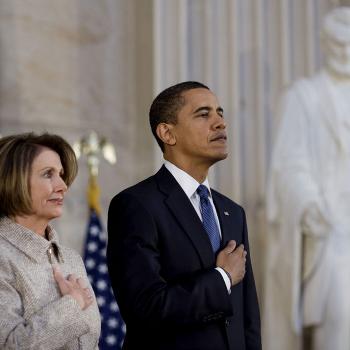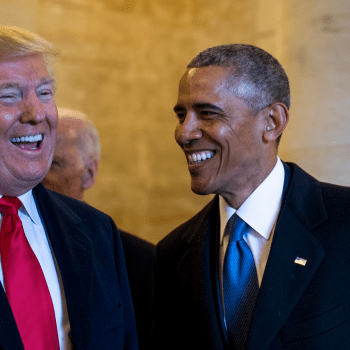
The following excerpt was written by Rob Natelson and originally published on The Hill.
We are witnessing a renewal and quickening of a 50-year old campaign to dissuade Americans from calling a convention for proposing constitutional amendments.
Like voter suppression efforts, the campaign uses fear and disinformation to discourage citizens from exercising an important constitutional right.
Article V of the Constitution permits the American people, through our state legislatures, to require Congress to call a “convention for proposing amendments.” As the name suggests, this is a way of proposing constitutional reforms Congress refuses to propose. Any proposals must, however, be ratified by 38 states before they become law.
Our founders designed this as a way the people could fix the federal government if it became abusive or dysfunctional. The convention is, in fact, an important constitutional check, like the president’s veto or the Senate’s right to vote on treaties. Today many favor a convention to propose federal term limits, a balanced budget rule, campaign finance reform, a single subject rule for congressional bills, or combinations of these and other changes.
Popular interest in a convention grows when people are dissatisfied with the federal government — as they are now. Unfortunately, this is also the signal for opponents to re-launch their fear campaign. Well-funded organizations disseminate media articles by authors with impressive titles, but no real expertise on the subject. They focus on four talking points:
- No one knows how an amendments convention is chosen or how it operates, but
- it would be an uncontrollable “constitutional convention,”
- it would be controlled or manipulated by Congress and
- it might impose radical change.
As you can see, these points are largely inconsistent with each other. And academic research has debunked all of them. For example, we know how the convention is chosen and operates: It is a meeting of state representatives of a kind very common in U.S. history. Nor is it a “constitutional convention.” It is authorized only to offer amendments on prescribed topics, not write a new constitution.
Nor can Congress dictate to it. The convention follows a pre-set agenda and attendees are subject to state legislative direction. Incidentally, the Supreme Court case opponents sometimes cite to “prove” congressional control is a 79-year old minority opinion the courts have long repudiated.
Finally, the convention has no governmental power whatsoever. It may only propose. The states may ratify these proposals or reject or ignore them.
Click here to read the remainder of the article.
Image Photo Credit: Heath Cajandig on Flickr


